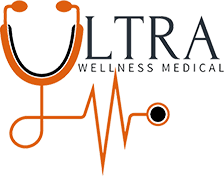Over the years, there have been a lot of questions in regards to the benefits of supplemental omega-3-fatty acids. Years ago it was observed in studies on Eskimos who have a diet high in omega-3 containing fish that cardiovascular disease was decreased. We see today that a diet high in omega-3 fatty acids such as salmon, oily fish, flaxseed definitely can have beneficial effects on the cardiovascular system in the long term, as seen in the Mediterranean diet. Various studies on omega-3 supplements have produced some mixed results in regards to cardiovascular benefits. Recent studies have shown that supplementation with omega-3 fatty acids can have a beneficial effect at reducing heart attacks. This was recently mentioned in a retrospective study done by the Mayo Clinic in 2021. In that study, they looked at data from various trials using supplementation with omega-3 fatty acids and found a benefit in decreasing heart attack risk with supplementation irrespective of diet.
One thing that is important to remember is that oftentimes various dosages and supplement forms may be used in certain studies which might produce differing results. We know that the average American is deficient in many micronutrients such as vitamins, minerals, and omega 3 fatty acids. Definitely, supplementation with diet is best. Nutritional supplements can be beneficial in people who are unable to obtain this all from food, or do to poor digestion conditions, or when our food today simply lacks all the nutrients it once did years ago. Beyond decreasing heart attack risks, omega-3 supplements can have beneficial effects when it comes to decreasing inflammation in general, improving our gut health, brain and cognitive function, and also possibly helping in combination with vitamin D to decrease the risk of autoimmune disease.
It is important to always consult with your individual doctor before starting any supplementation, particularly if you are on prescription medications. Also, make sure that when you take a supplement it is more nutraceutical grade from a reputable company that has independent lab testing to monitor actual omega-3 levels along with purity. You wouldn’t put the cheapest oil and gas in your high performance Porsche, and the same should go for your body. Supplements should be free of contaminants, heavy metals, pesticides, environmental chemicals, be sourced ethically, and contain the amount of nutrients listed on the side of the package. In the case of many over-the-counter supplements, studies have shown that this is not always the case. I have been in the process of screening supplements and manufacturers of various nutraceuticals that provide quality control testing, and we will look to offer these at reasonable prices under our own label to patients wishing to optimize their micronutrients.


